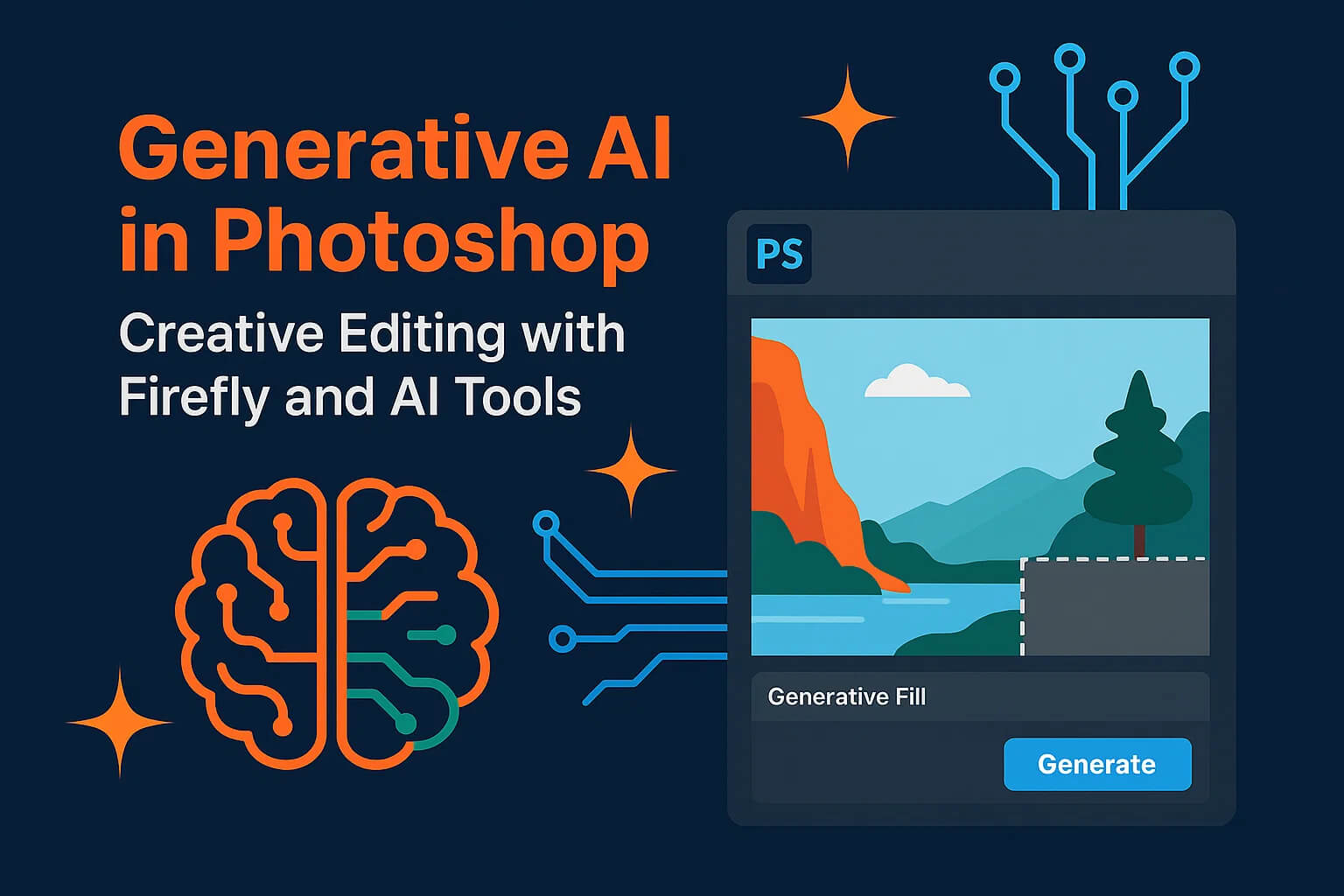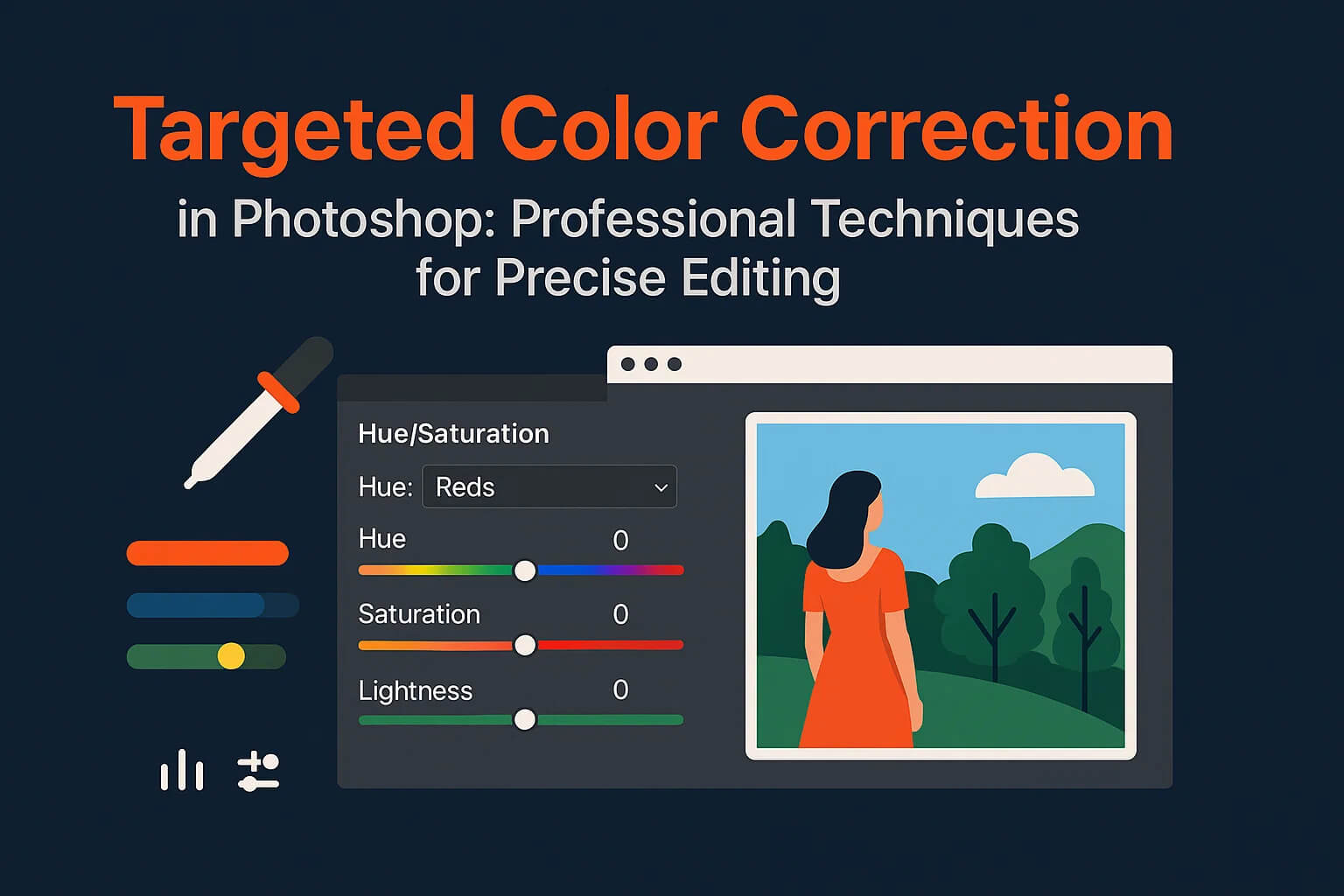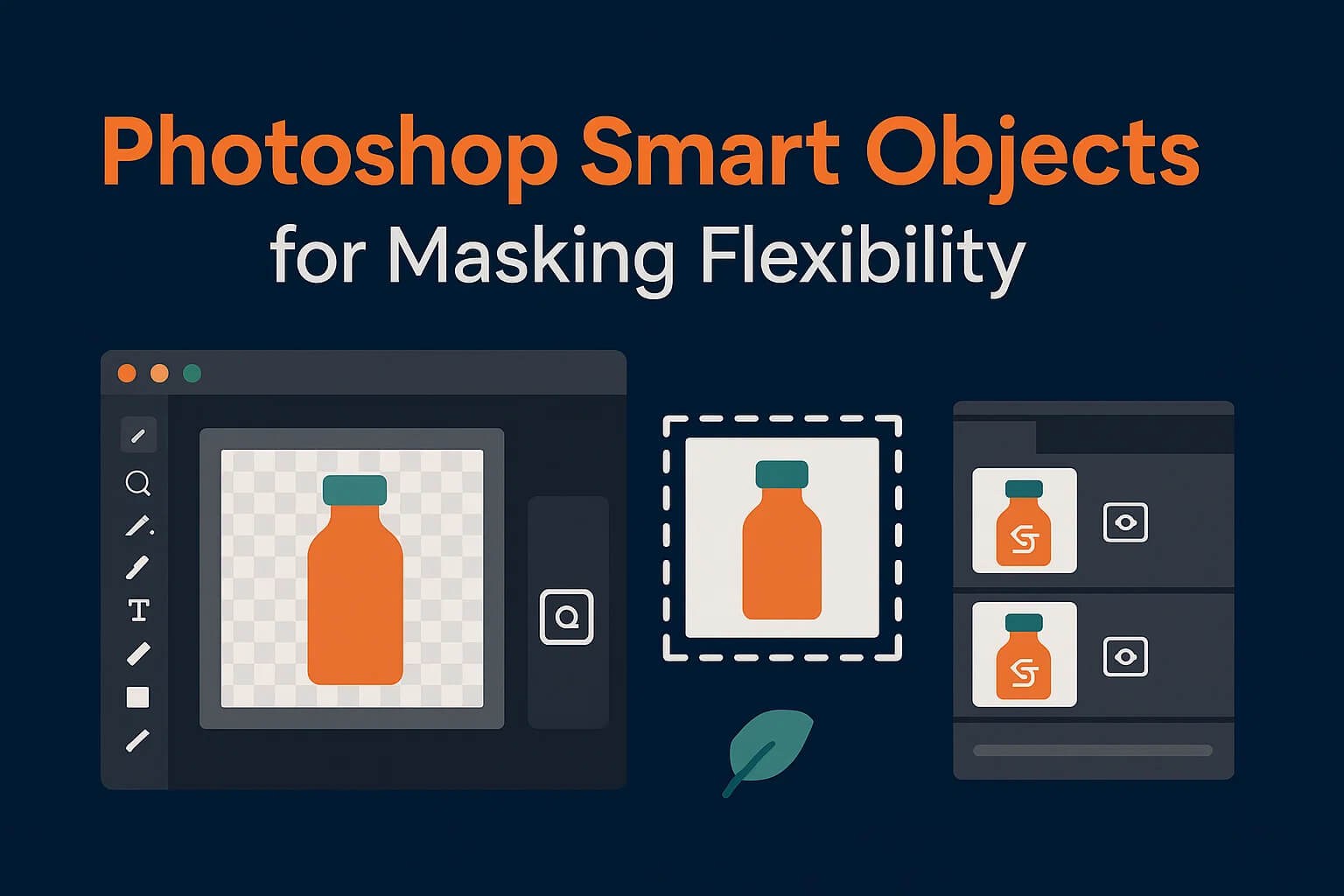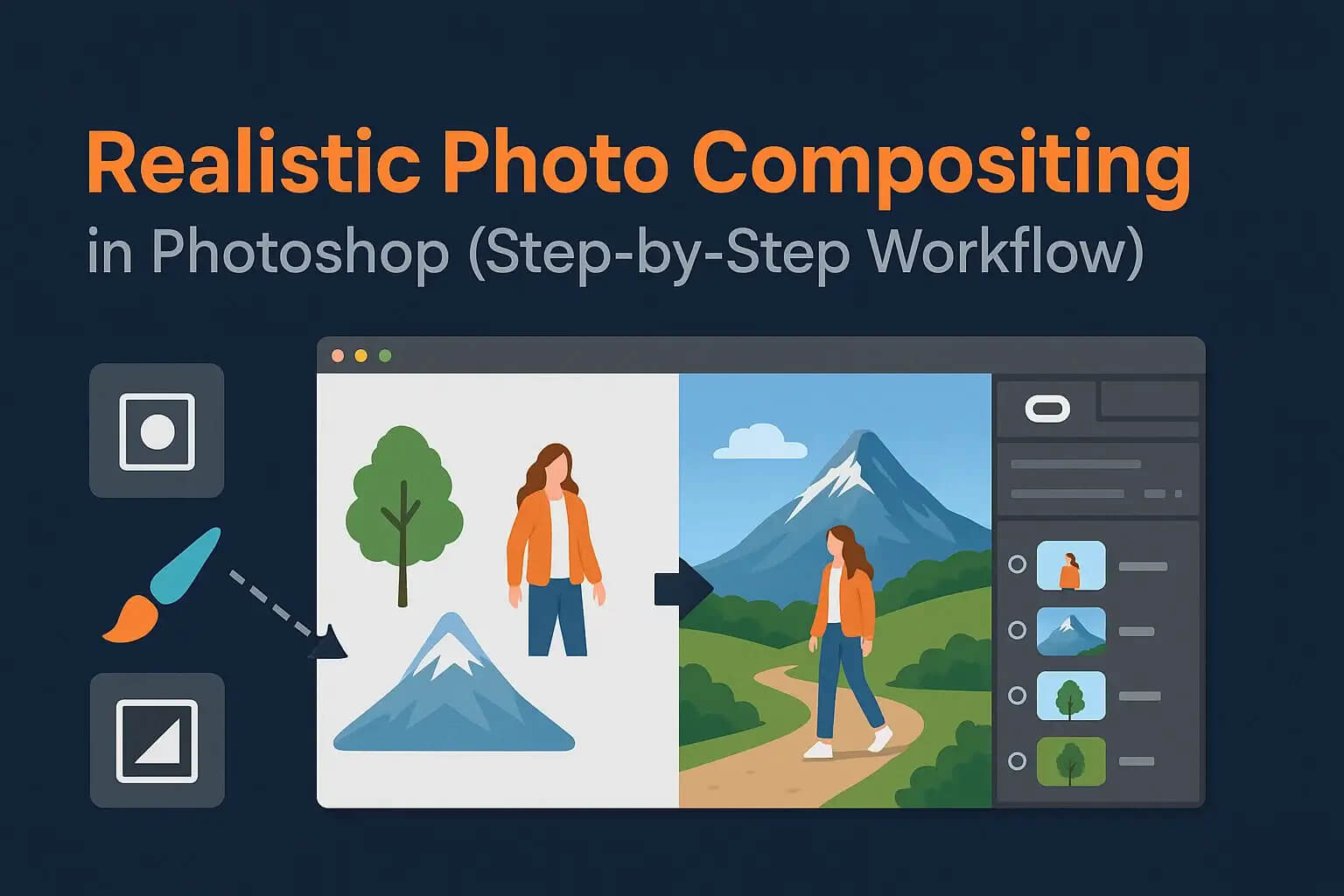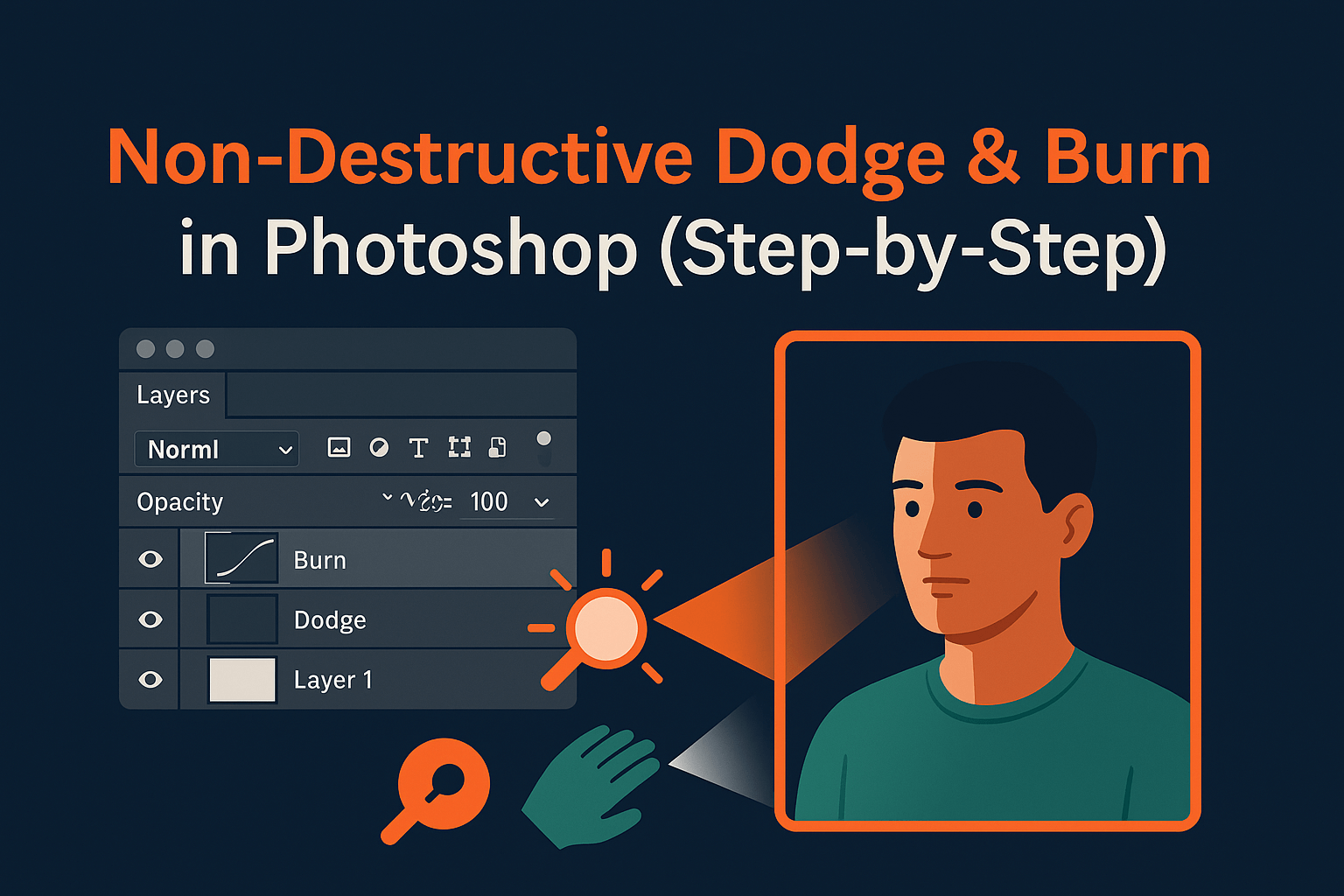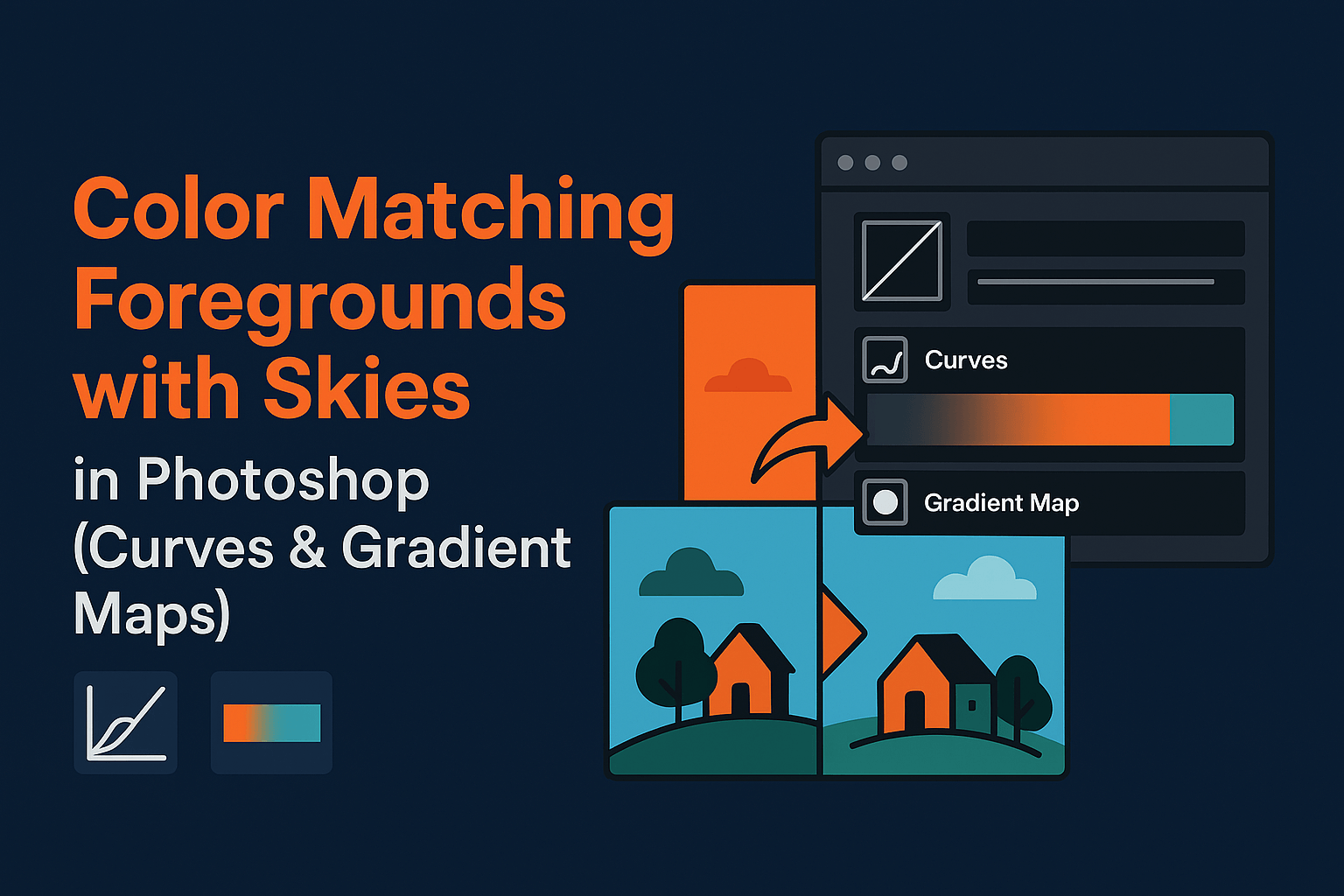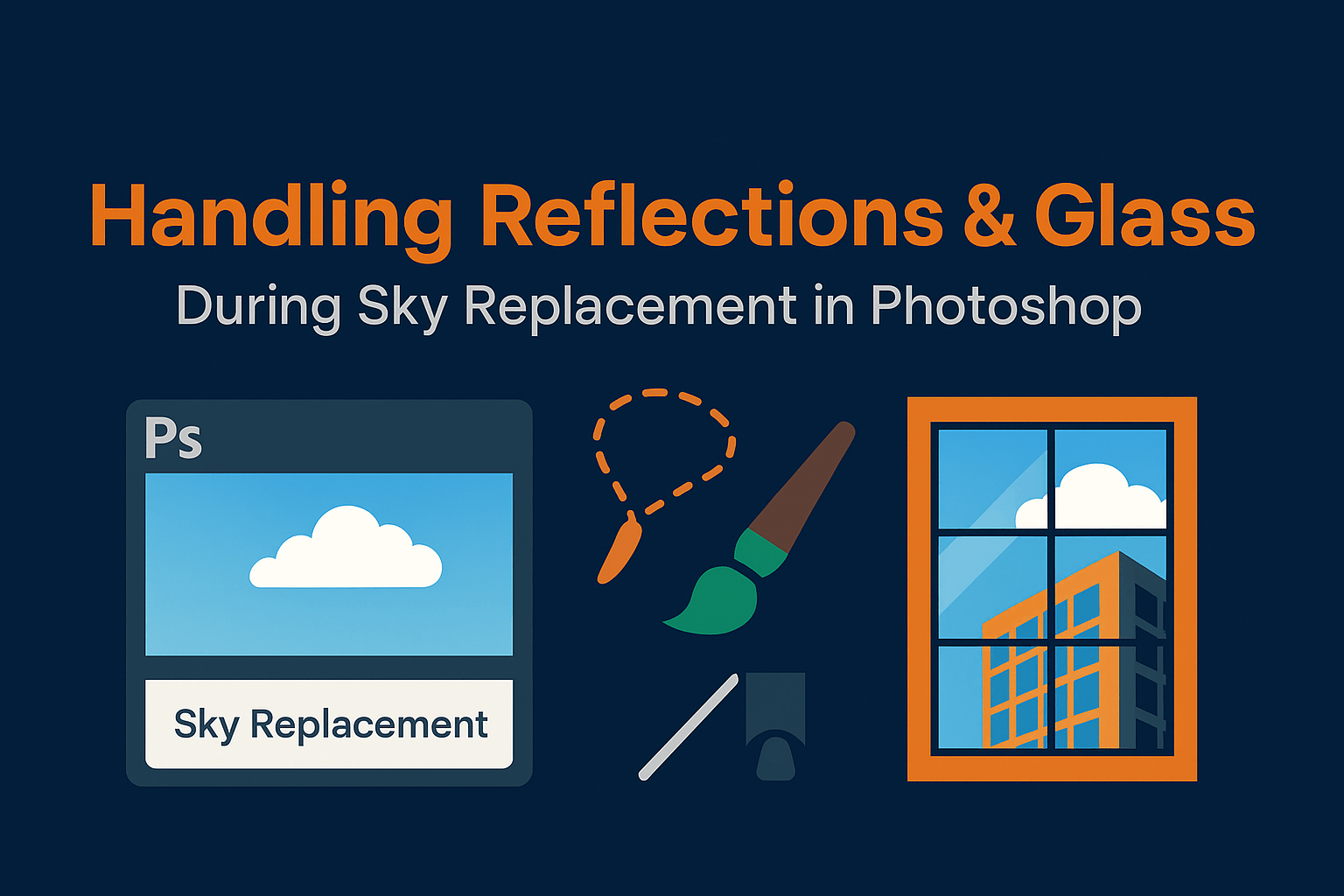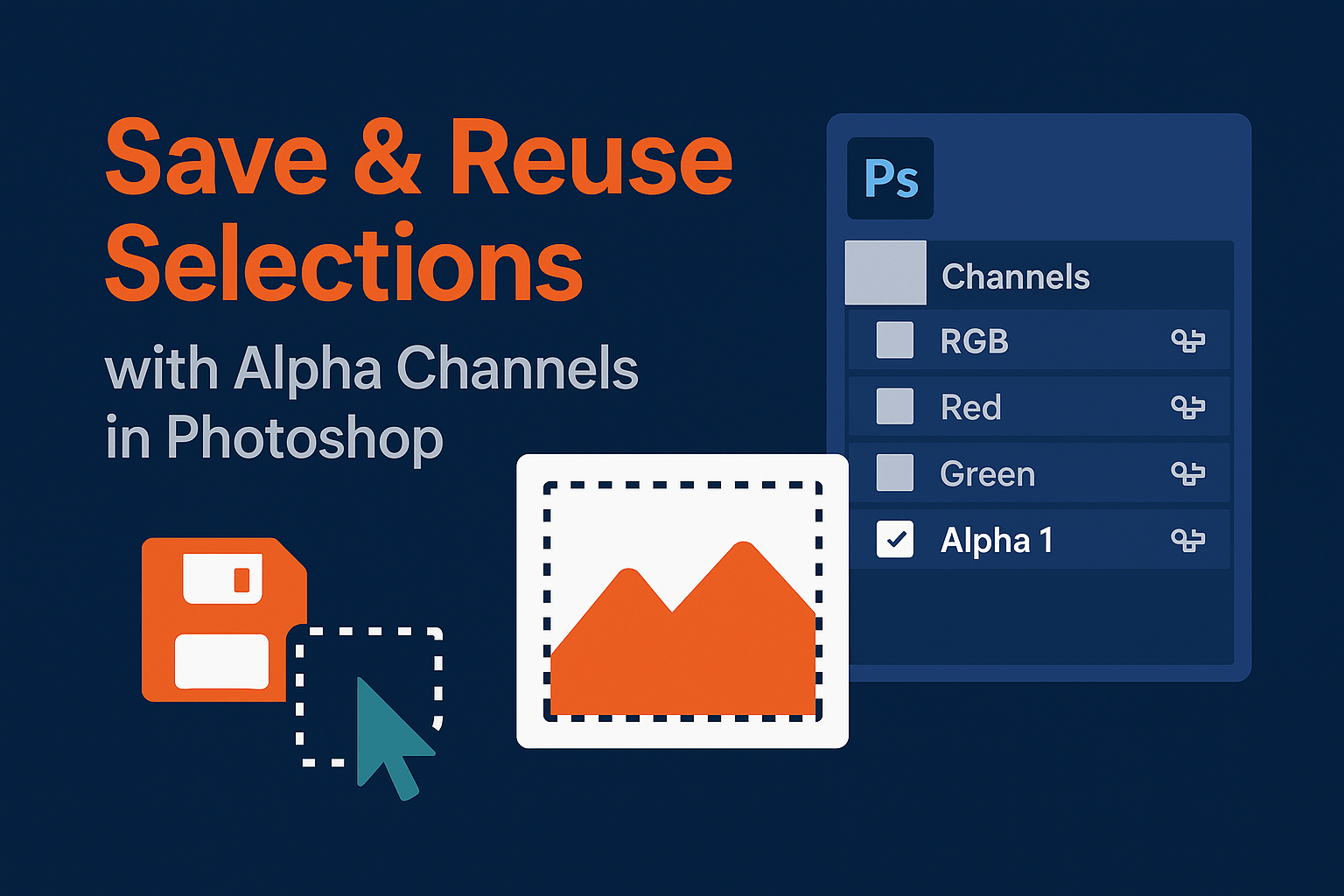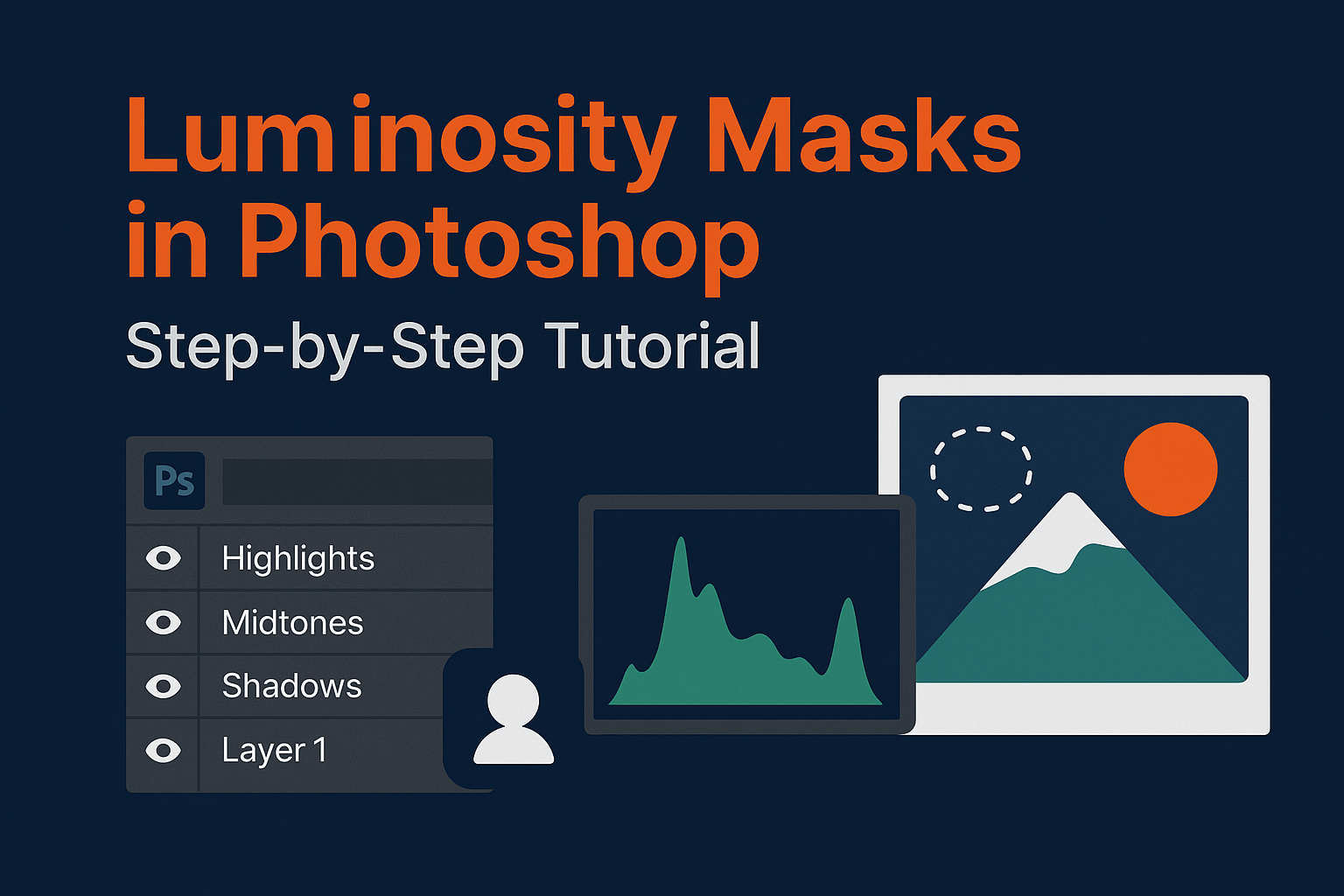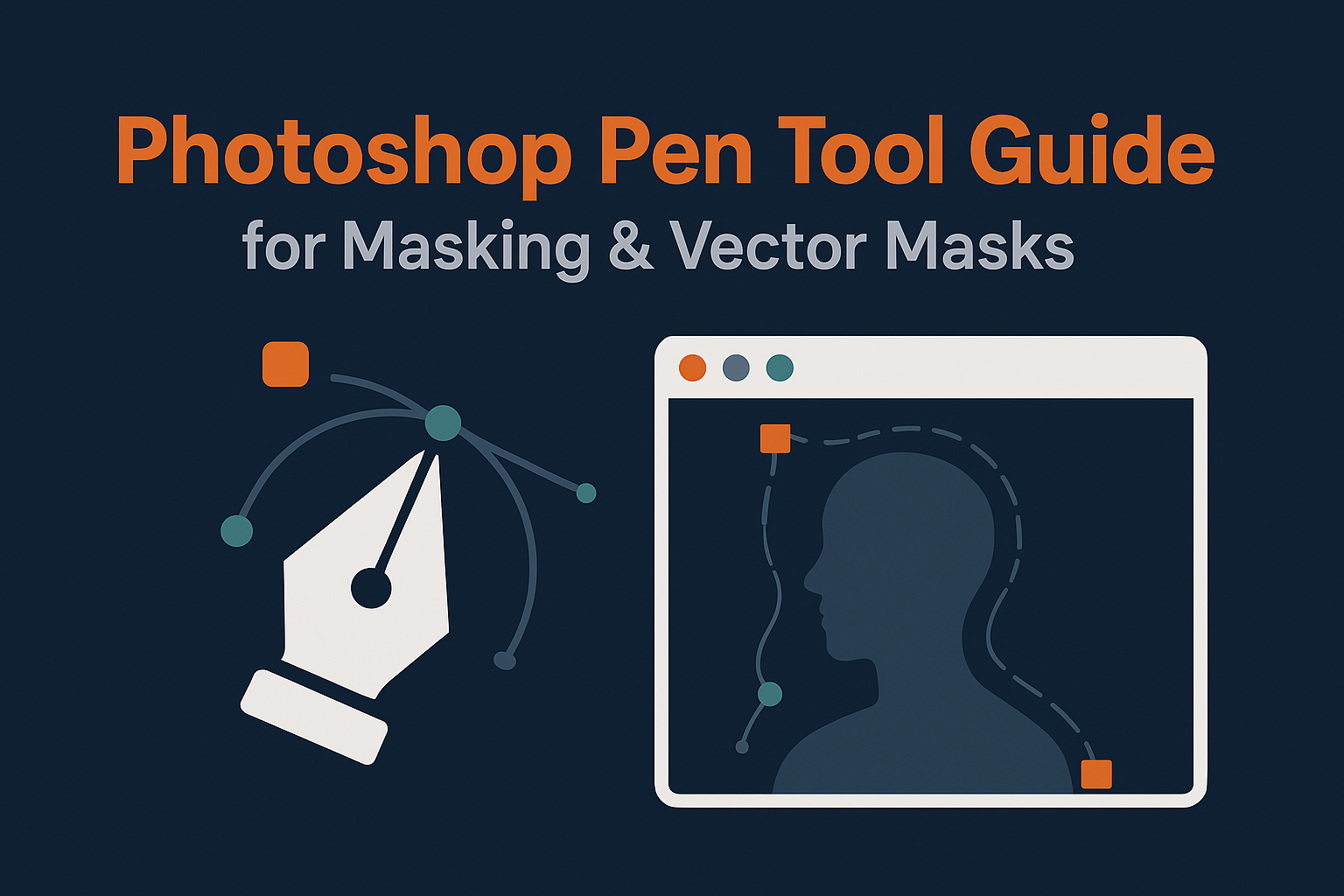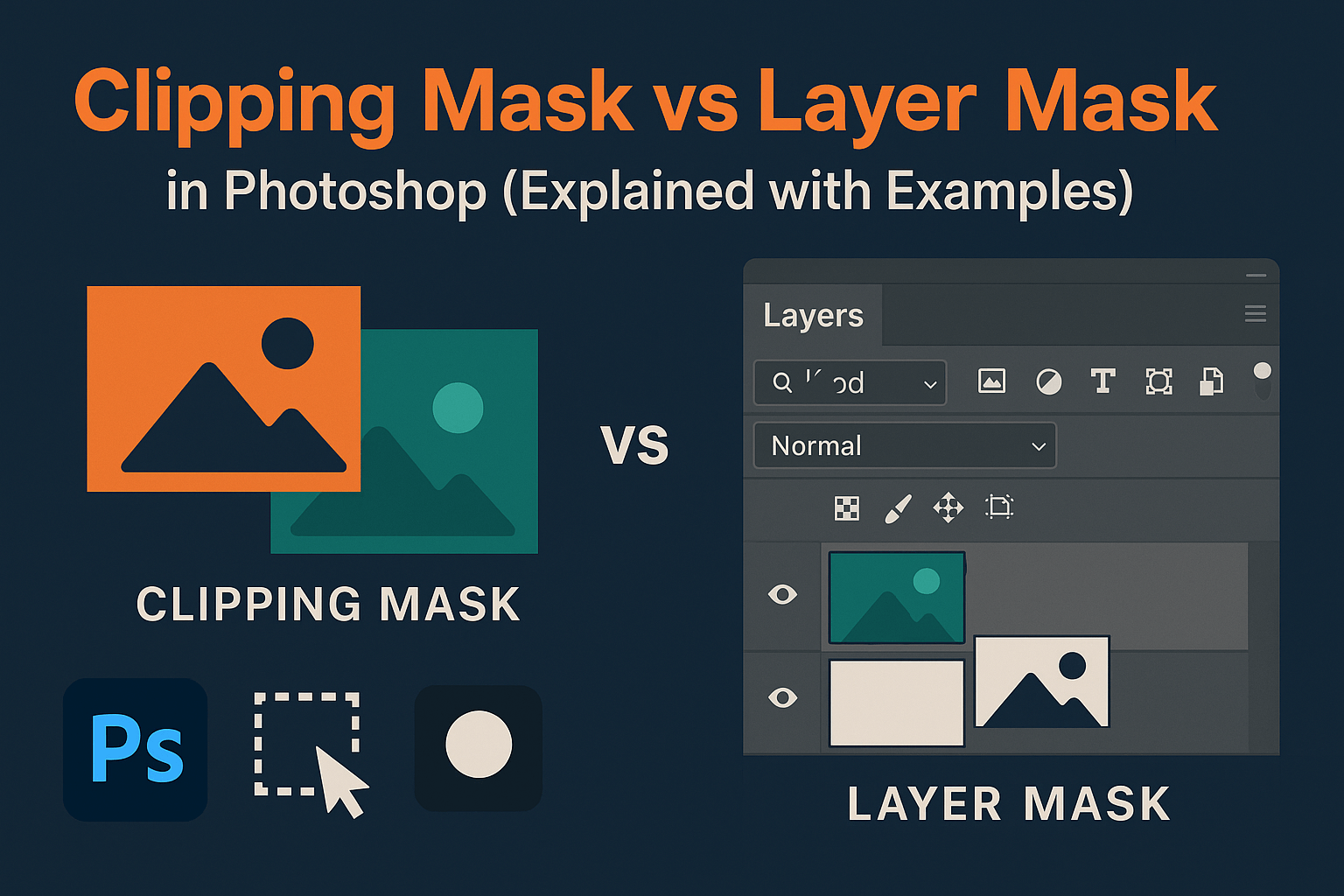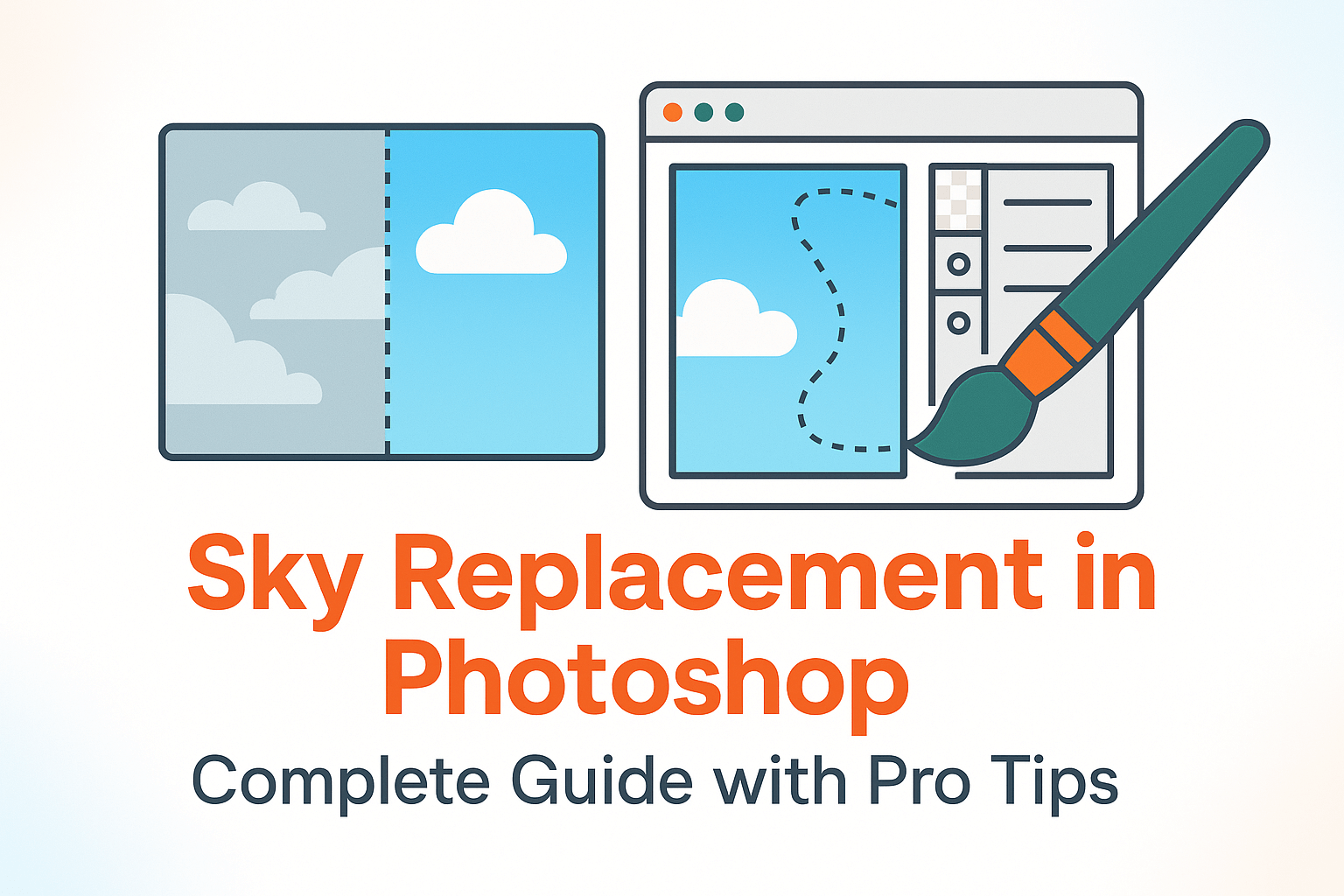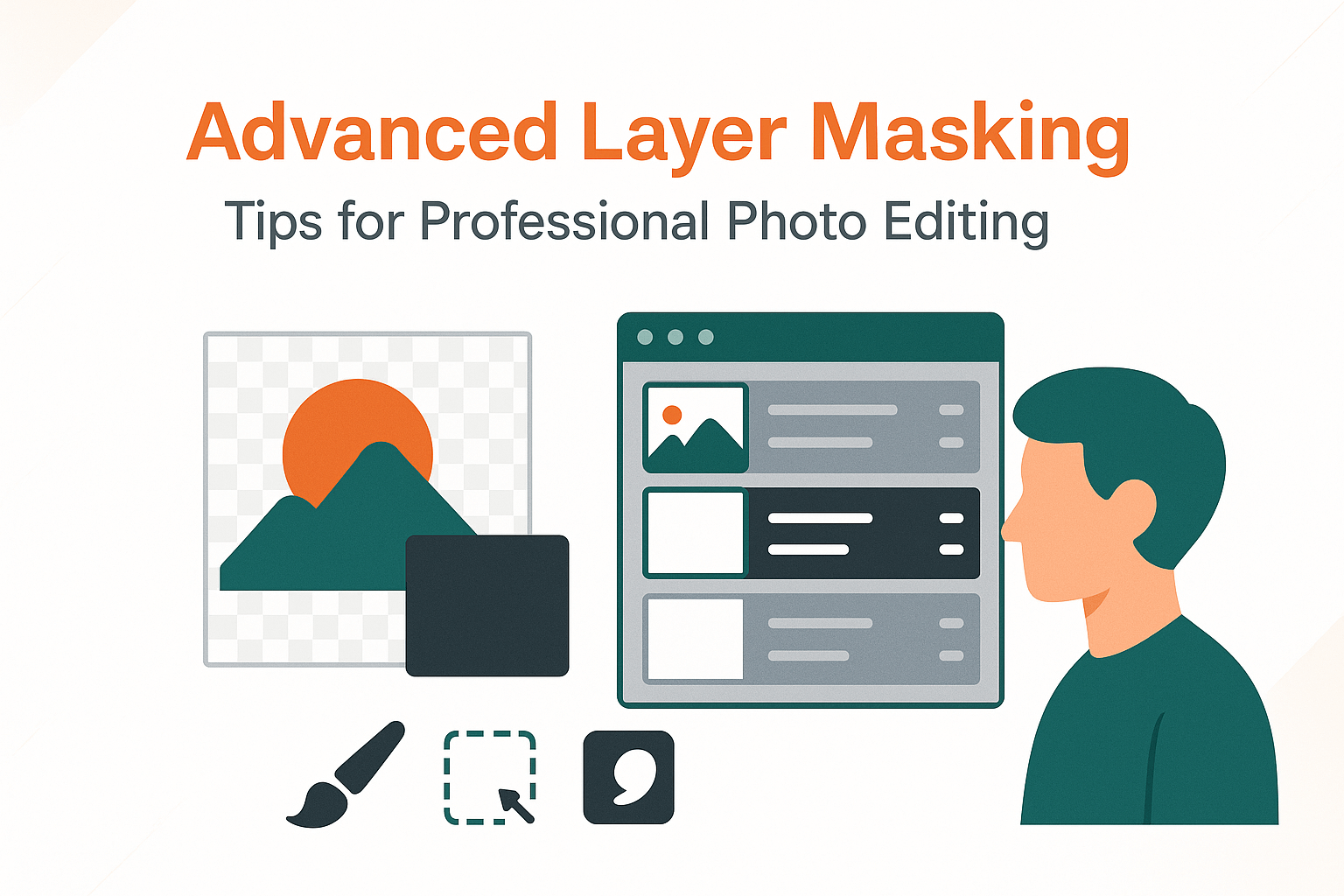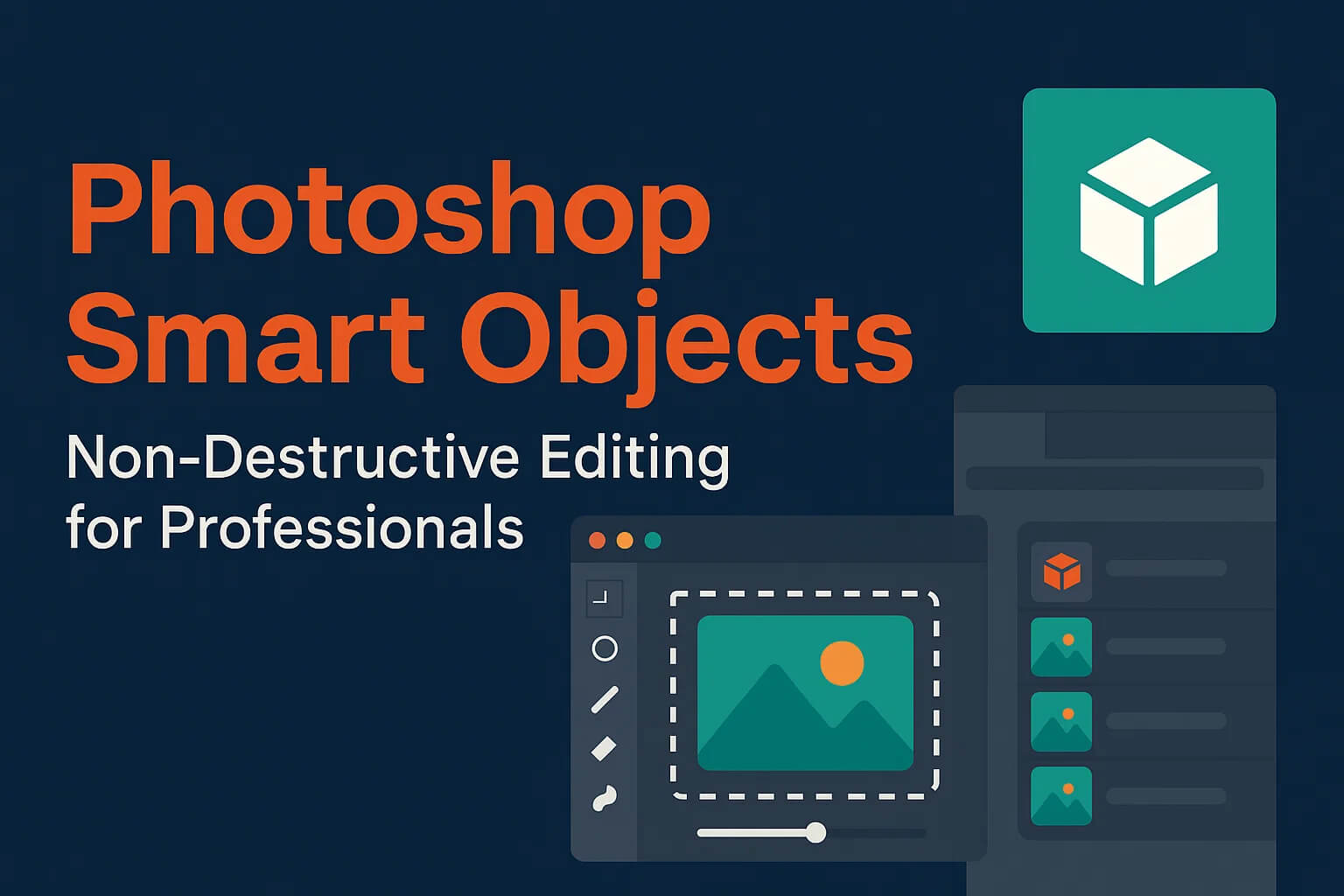
Photoshop Smart Objects: Non-Destructive Editing for Professionals
Work faster and safer with re-editable filters, scalable elements, and templates that update everywhere.
Introduction – Why Smart Objects Matter
Smart Objects let you resize, transform, and filter layers without permanently changing pixels. For mockups, composites, and retouching, they deliver the flexibility professionals need for client revisions and consistent output.
What Are Smart Objects in Photoshop?
A Smart Object is a container that preserves the source data of a layer.
- Embedded Smart Objects — stored inside your PSD; portable but can increase file size.
- Linked Smart Objects — reference an external file; leaner PSDs and update-everywhere behavior.
Benefits include data preservation, re-editable filters, and one-click updates across multiple instances.
Creating & Converting Smart Objects
- Right-click a layer → Convert to Smart Object.
- Drag a file into Photoshop to place it as a Smart Object.
- Convert groups into a single Smart Object for organization.
Pro tip: Place RAW as a Smart Object to keep Camera Raw adjustments editable. Nest multiple layers in a Smart Object for complex composites.
Editing Smart Objects
Double-click the Smart Object thumbnail to open and edit the source. Save to update every instance—ideal for logos, UI elements, and repeated components.
For precision edge work inside composites, see combining Smart Objects with advanced masking.
Using Smart Objects with Filters
Filters become Smart Filters—stackable, re-orderable, and maskable:
- Gaussian Blur for depth of field, re-editable later.
- Camera Raw Filter for non-destructive global grading.
- Liquify for portrait tweaks without committing.
Scaling & Transforming Without Quality Loss
Because the Smart Object remembers the original data, you can scale up/down repeatedly, rotate, warp, and distort—then return to the source quality any time. This is essential for UI mockups and print layouts.
Smart Objects in Compositing
Use Smart Objects to maintain clean edges for logos/graphics, build product mockups that update with one click, and combine with masks & blending modes for advanced composites
.
See pro composites powered by Smart Objects for applied examples.
Advanced Workflows with Smart Objects
- Nested Smart Objects for complex, modular projects.
- Replace Contents to swap the source and update all instances.
- Batch updates across brand systems or large template libraries.
Pair with non-destructive techniques for maximum flexibility.
Common Mistakes & Troubleshooting
- Large PSDs: embedded assets increase file size—try linking.
- Broken links: keep linked files together or use relative paths.
- Raster-only tools: duplicate and rasterize a copy if needed, keep the original Smart Object intact.
Pro Tips & Shortcuts
- Alt/Option + drag a Smart Object to duplicate it quickly.
- Apply Smart Filters, then mask the filter for localized effects.
- Leverage cross-app links (Illustrator/After Effects) for multi-channel workflows.













